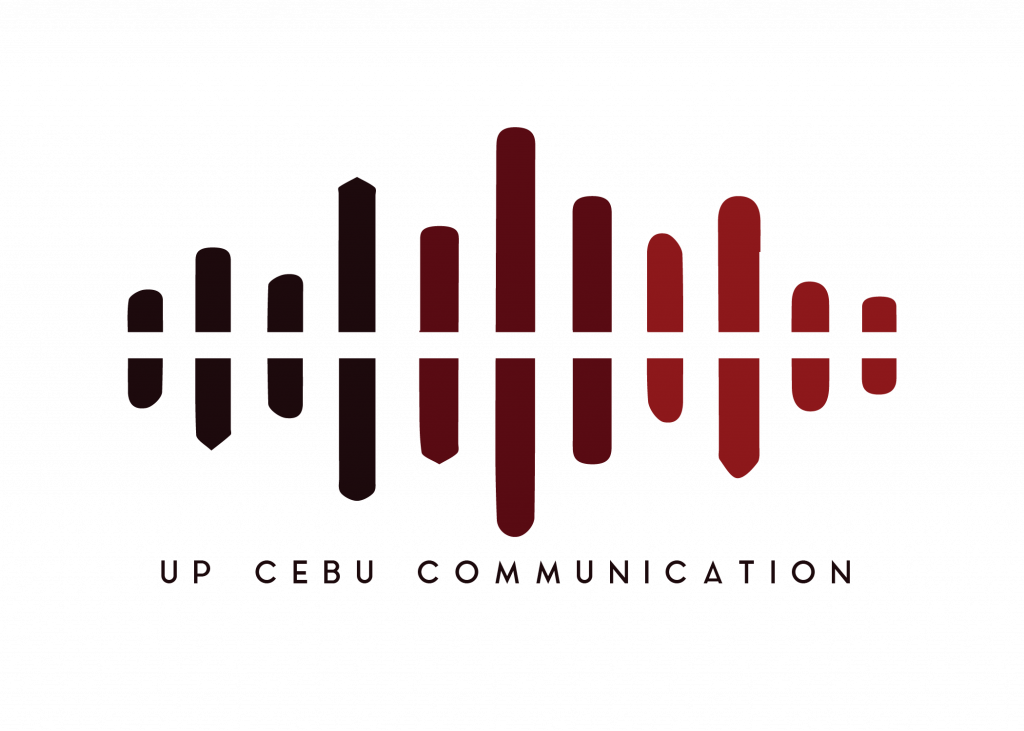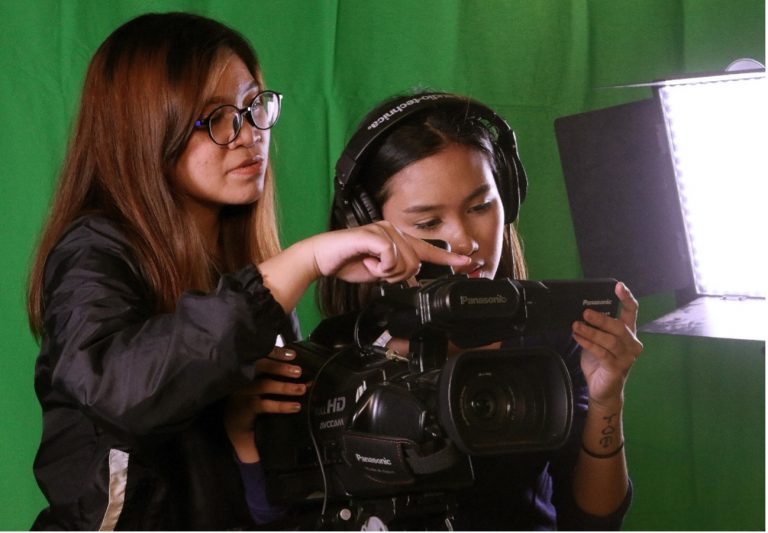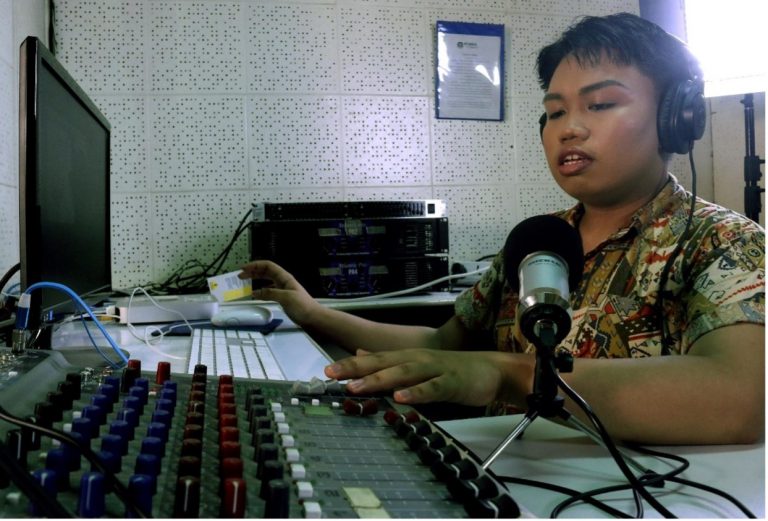COMMUNICATION
The Bachelor of Arts in Communication program, formerly called Mass Communication Program, which was instituted in 1981. It has a long history of producing quality journalists in the local English dailies and communication officers in private and public organizations in the Visayas.

Renamed as BA Communication program in 2018, the program now reflects a diversification into the contemporary fields of integrated marketing communication (IMC), organizational communication, intercultural communication, and creative communication.
Vision
The Communication Program of the University of the Philippines Cebu envisions itself as the leading academic program in the Visayas and Mindanao. It gives primacy to the transformational role of journalists and communicators in multimedia platforms.
Through instruction, research, and public service, the program molds graduates who are excellent media practitioners and communicators with a deep sense of social responsibility and respect for cultural diversity, proactively caring for the environment and practicing ethical behavior in their professions and advocacies.
Mission
In the diverse fields of journalism, integrated marketing communication, organizational communication, intercultural communication, and creative communication, the Communication Program produces leaders who uphold the highest standards of media and communication practice.
The program equips graduates to become journalists in multimedia platforms and communicators in public and private organizations with ethics and excellent skills,
openness to lifelong learning, creativity to initiate sustainable solutions, courage to hold those in power accountable, and commitment to empower disenfranchised communities to bring about social justice.



Program Learning Outcomes
Graduates of the UP Cebu Communication program will be able to:
- Develop critical thinking and problem-solving skills to analyze various media content and realize a deep understanding of the role of communication in promoting sustainable development. (CRITICAL LITERACY)
- Acquire proficiency in various forms of communication in the context of technological advancements. (COMMUNICATION PROFICIENCY AND TECHNOLOGICAL COMPETENCE)
- Apply research skills in communication studies that contribute knowledge and enhance professional development for lifelong learning. (RESEARCH AND LIFELONG LEARNING)
- Uphold ethical principles in communication, including issues related to civility, privacy, security, and intellectual property rights. (ETHICAL AND RESPONSIBLE COMMUNICATION
- Practice the role of responsible communicators in promoting social justice and human rights. (SOCIAL AWARENESS)
- Lead and collaborate in communication and media projects. (LEADERSHIP AND TEAMWORK SKILLS)
- Foster creativity and innovation in developing inclusive messages responsive to the needs and aspirations of vulnerable communities. (CREATIVITY AND INNOVATION)
- Advocate a strong sense of truth, history, and heritage. (CULTURAL HERITAGE)
- Promote inter-generational ecological sustainability amidst the impact of rapid industrialization and technological advancement. (ECOLOGICAL SUSTAINABILITY)
